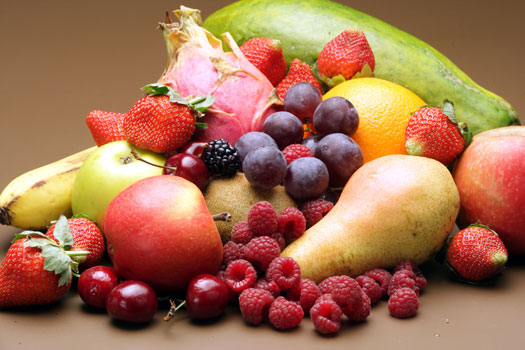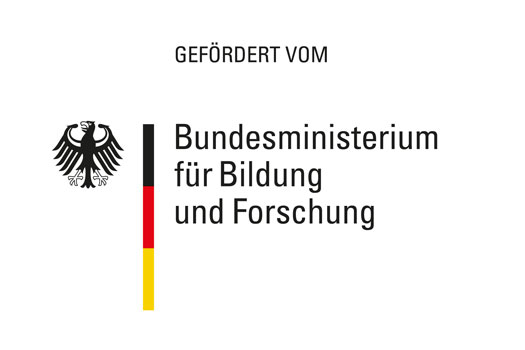

Convenience foods are becoming ever more popular, with pre-cut fruit and vegetables and prepared refrigerated products increasingly filling supermarket shelves. Specially adapted packaging is required to protect these foods and to enable consumers to store them at home. Active and intelligent packaging systems provide optimal protection for these products.
The objective of the NextGenPack research project is to develop customized packaging with active and intelligent functions. Special focus is being put on enhancing the eco-efficiency of the packaged products. Prolonging the shelf-life, by having optimized packaging, makes a contribution to this. An important factor is also the choice of packaging material from the standpoint of sustainability, recyclability, and the use of bio-based raw materials. The active and intelligent functions of the packaging will be customized to the material processes in the packaged foods by incorporating biomolecules. For example, sugar can be incorporated to regulate the moisture content and organic acids can function as oxygen scavengers. Various natural aromas can be used as antimicrobial substances and plant proteins, due to their electric properties, can be employed in a coating as RFID sensors.
Based on this concept, models are being developed for simulating packaging functionality. These models will facilitate the customization of packaging systems. The models link material transport processes to the prediction of the shelf-life of products.
The result of the development work will be a software tool that enables the composition of the packaging and its size to be calculated. This will minimize the number of experiments that need to be undertaken and will also minimize the commercial risk for companies.
The NextGenPack research project is a joint German-French venture being undertaken by the Fraunhofer Institute for Process Engineering and Packaging IVV and the Carnot Institute Bioenergies, Biomolecules and Biomaterials 3BCAR (Joint Research Unit on Agropolymer and Emerging Technologies, Montpellier). Fraunhofer IVV, with its expertise in active materials and food packaging, will develop suitably designed packaging systems with oxygen scavengers and moisture regulators. The Carnot Institute 3BCAR will develop the RFID system using its knowledge of modeling and expertise in incorporating antimicrobial functionality.
 Fraunhofer Institute for Process Engineering and Packaging IVV
Fraunhofer Institute for Process Engineering and Packaging IVV